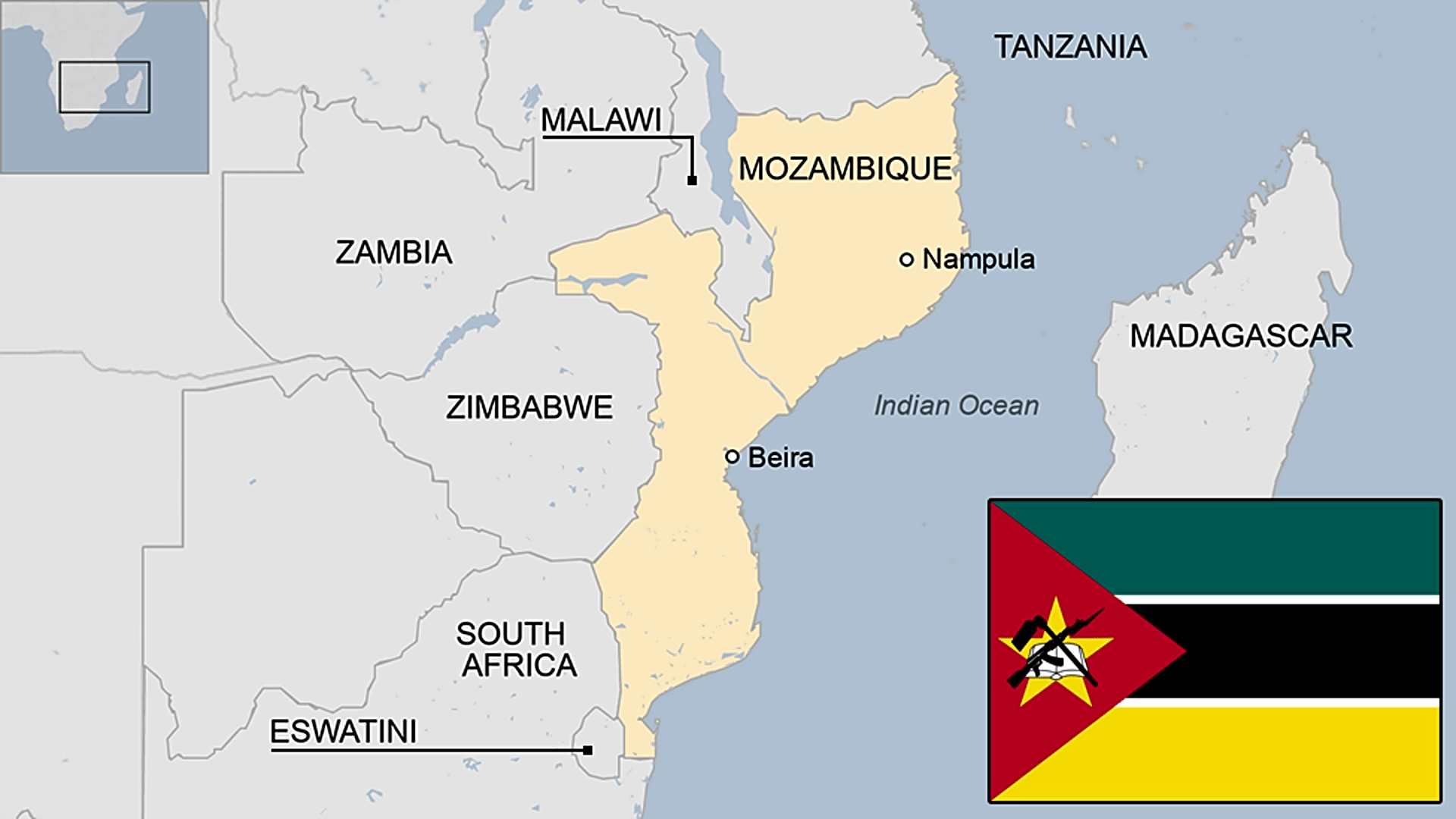Summaried by AI Model:facebook/bart-large-cnn
Kenya and the Korea Electronic Association (KEA) inked a Memorandum of Understanding (MoU) to build a tech manufacturing support centre at Konza Technopolis. Leading Korean enterprises will use the centre to assist local production of high-tech items, personnel training, and product launches.Africa’s digital transformation can be accelerated through partnerships with high-tech countries that can provide infrastructure, expertise, and state-of-the-art technology. By increasing local capacity, this enables African countries to become more independent and competitive on a global scale in industries like innovation and tech manufacturing.
On October 15, Kenya and the Korea Electronic Association (KEA) inked a Memorandum of Understanding (MoU) to build a tech manufacturing support centre at Konza Technopolis that will cost $1.4 million. By accelerating domestic tech creation, this project hopes to further position Kenya as Africa’s technological hub. Leading Korean enterprises will use the centre to assist local production of high-tech items, personnel training, and product launches. As a “testament to our take off as we expect substantial investment by Korean companies in the electronics and IT ecosystem,” Konza Technopolis CEO John Paul Okwiri highlighted the center’s potential to enhance the region’s tech environment.
KEA, which represents more than 370 significant Korean tech companies, including Samsung and LG Electronics, will oversee the center’s construction, which is anticipated to take two to three years. Initial planning, training in electronics production, equipment installation, and operational expansion with enterprise assistance are the four phases that the project will go through.
According to the Kenya National Bureau of Statistics’ ECONOMIC SURVEY 2024, the information and communication sector’s share of the country’s GDP in 2023 was 9.3%. The government wants to see this sector take on more economic relevance in order to diversify the economy. In an effort to draw in investors, it has been implementing significant infrastructure projects and policy changes for a number of years. One example of this goal in action is this Tech Manufacturing Hub.
By lowering the average production time to six months, the centre is expected to assist the yearly introduction of thirty tech products. Additionally, it seeks to help more than 100 local businesses and train about 100 people. Kenya’s approach to using technology to boost economic growth, generate employment, and strengthen its position in Africa’s digital economy is reflected in this partnership.


